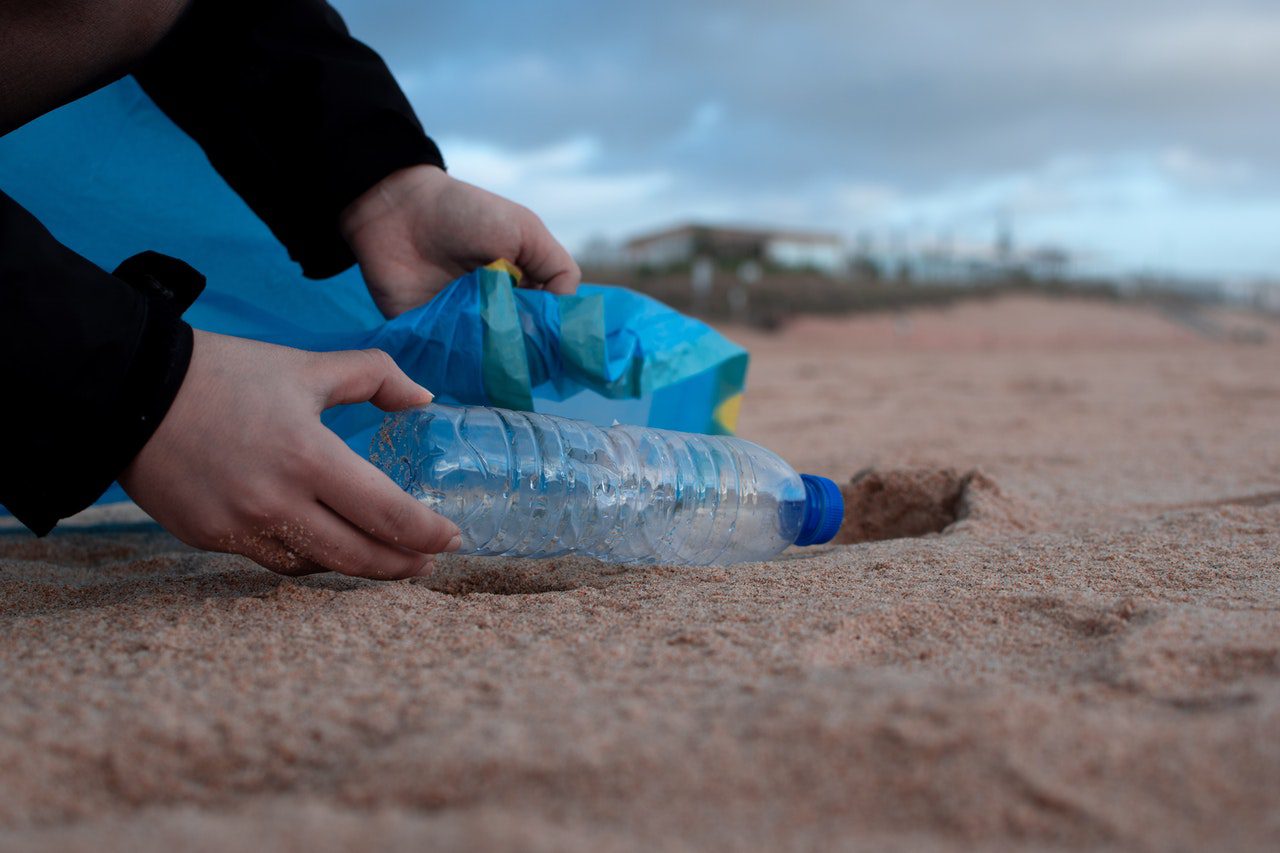The Importance Of Recycling
You may be aware of the general need of recycling for future generations with waste mountains increasing day by day, but exactly why is it so important that we are recycling our rubbish? In this blog, we have shared 5 of the top advantages to recycling and how you can make an impact in reducing the amount of waste harming our planet.
1. Conserves Natural Resources
Recycling reduces the need to extract raw materials from the earth during production. This may include resources such as wood, water, minerals and more. All of these are valuable and overused, meaning that recycling allows products to be created by repurposing old materials.
2. Prevents Pollution
Recycling reduces greenhouse gas emissions from the amount of waste being sent to landfill sites. When being left here, harmful greenhouse gases are emitted which contribute to the rate of global warming. The top 2 include methane and carbon dioxide, which trap heat in the earth’s atmosphere.
Other than the impact on the earth from these toxins, studies have shown that human health may also be harmed. Medical conditions such as asthma, skin irritation and recurring flu have all been shown in research to affect people living closer to landfill sites.
3. Saves Money For Businesses
If you are a business producing large amounts of waste you may be in for great rebates from the recycling industry. Not only can you reduce pollution, but also open up a new revenue stream from selling your bulk load of commercial waste which would usually be thrown away. This can significantly reduce your costs on transporting and disposing of waste yourself.
4. Saves Large Amounts Of Energy
Huge amounts of energy are used in the production of products. One example includes producing new aluminium from recycled cans and foil. This uses a monumental 95% less energy than making it from scratch. Studies have also shown that recycling plastic (1 ton) saved 5,774 Kwh of energy, 16.3 barrels of oil, 98 million BTU’s of energy, and 30 cubic yards of landfill space. The results of saving energy mean that we can reduce air and water pollution along with carbon emissions in the environment.
5. Protects The Environment & Natural Habitats
Extracting materials from our environments at a rapid rate means that we are putting a strain on our planet, as well as the wildlife at the destination of resources. One example includes deforestation to create paper products rather than using recycled paper, this amounts to the destruction of around 4.1 million hectares of forest each year; an area the size of the Netherlands every 365 days. When this act occurs, wildlife is also driven away if not harmed, causing a disruption to the natural world.




